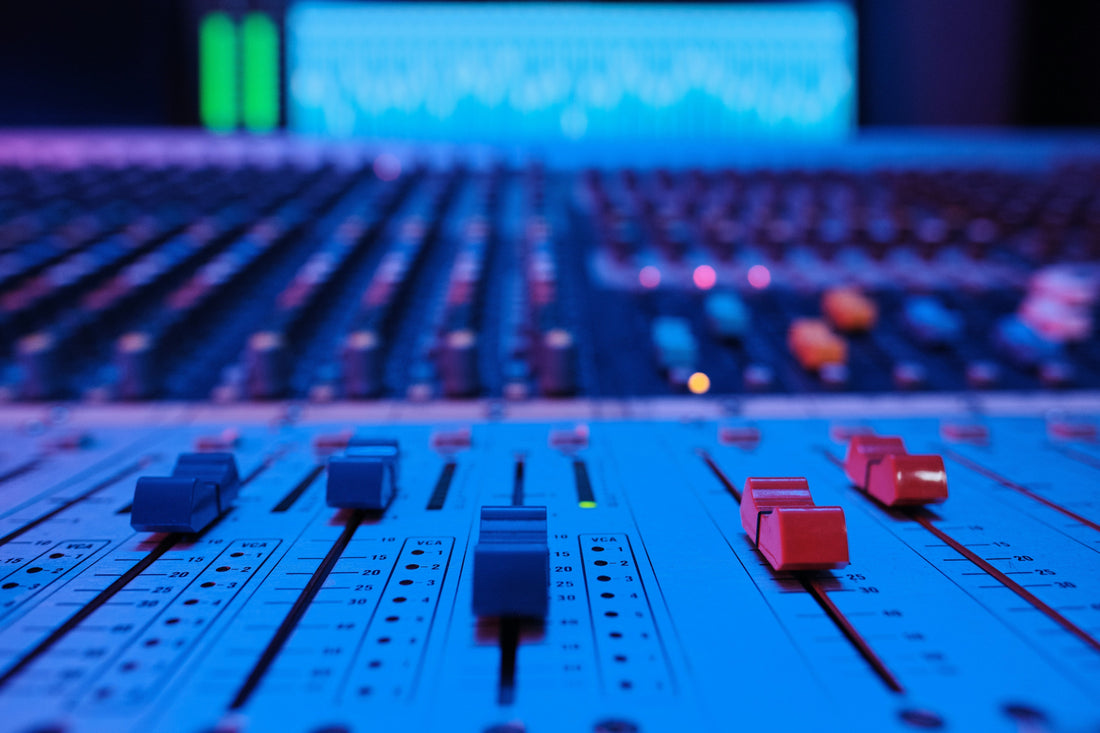
AI in Music Production: AI Tools and Major Hits
Share
Artificial intelligence has performed a slow-moving revolution on the music industry by supplying artists and producers with powerful creative tools. AI music production is no longer limited to experimental projects because AI-generated samples and loops together with songwriting assistance have produced major hits in recent times. AI tools have played a critical role in the creation of some significant industry hits which this article discusses.
AI Tools in Espresso and Beyond
1. “Running Over” by Justin Bieber Featuring Lil Dicky
During the release of the Changes album Justin Bieber used music elements from Splice's AI sample library to create the track "Running Over." The track achieved success by using an AI-derived sample loop which shows how AI-generated samples have become essential elements for producing contemporary hits.
2. “Espresso” by Sabrina Carpenter
Sabrina Carpenter achieved her biggest success with the song "Espresso" through the use of three unaltered Splice loops. The AI platform delivered the foundation instrumental elements that major artists use to build their musical creations. The current state of production has brought forth disputes about creative authenticity in music production.
3. "Glass of Water" by Lupe Fiasco
The rapper Lupe Fiasco achieved AI collaboration by co-writing his song "Glass of Water" through artificial intelligence. AI songwriting tools combined with human creativity through a collaborative process to demonstrate emerging boundaries where AI both supplies samples and co-builds musical content.
4. “BBL Drizzy” by Will Hatcher (King Willonius)
King Willonius aka content creator Will Hatcher utilized AI music creation to produce "BBL Drizzy" which became a viral hit. AI music generated a track that received attention from well-known producer Metro Boomin thus becoming one of the first AI-created songs to achieve official recognition in the music industry.
5. “Umbrella” by Rihanna
Although the 2007 pop hit "Umbrella" by Rihanna did not use advanced AI music generation tools it received significant influence from digital production methods that existed at that time. The song features an original drum pattern that derives from a stock Apple GarageBand sound file called "Vintage Funk Kit 03." This track exemplified how pre-made digital patterns from computers could shape the overall character of music production. AI systems today generate fresh versions of "Umbrella" by using deep learning to reproduce the song in various styles such as a synthesized rendition with SU-METAL's vocals.
Splice AI System Plays a Major Role in Modern Music Production
Splice stands as a leading force in AI music creation because its platform allows producers to access and implement thousands of loops and samples in their production work. The major hits "Running Over" and "Espresso" incorporate Splice’s AI-powered selection choices in their composition. The AI-powered 'Create' engine from the platform assists musicians by searching for compatible sounds which enables faster production and more intuitive processes.
AI's Growing Influence in Music Production
AI has entered the music industry to transform songwriting as well as sound design and voice replication which leads to changes beyond what anyone predicted during the previous decade. The music production industry faces controversy regarding AI because some artists consider AI to be destructive to human creativity yet others view AI as a tool that allows many people to create professional-grade music.
AI development will extend its impact on popular music creation in the future. AI will definitely become part of the music industry so the real question is how much influence it will exert. Let us know your thoughts in the comments.
Explore our related blogs here:
The Biggest Audio Innovations of 2025
Evolving Music Landscape of UK: Impact of Venue Shutdowns, Resurgence Patterns, and the Future
The Vinyl Revival: Why John Lewis and WHSmith Are Selling Records Again
Is Your City a Live Music Hotspot? 2024's Biggest Winners and Losers
Why Are Music Venues Closing? The Challenges Facing the UK’s Live Scene
